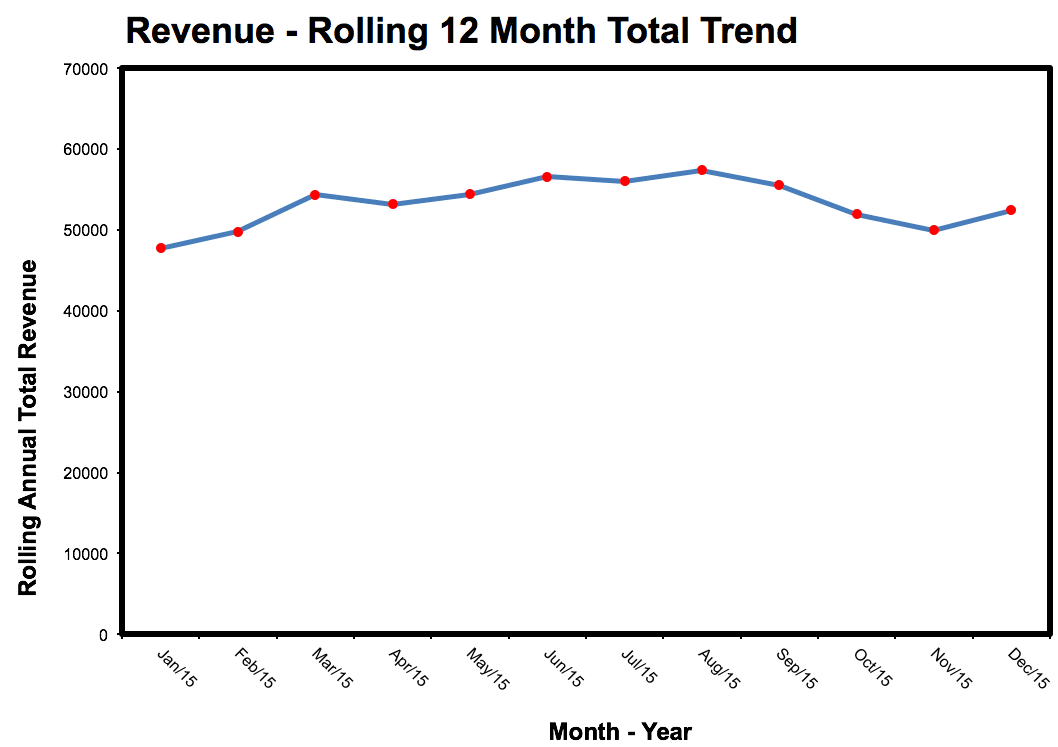The Three Dangers of Isolation
Remember the movie, Castaway? The story focuses on Chuck Noland, a time-driven FedEx executive played by Tom Hanks. Noland’s plane crashes into the Pacific Ocean and he finds himself marooned on an isolated island. Day after day for four years, he fights to survive with no one to talk to other than a volleyball he affectionately names “Wilson.”
Needless to say the experience radically changes him.
I’m playing the odds here, but I doubt anyone reading this has ever been stranded on a desert island. But if you’re a freelance web developer, it’s likely that you’ve experienced the kind of isolation the island experience can bring.
How many days have you hunched over your desk, staring at your monitor and pecking away at your keyboard with virtually no human interaction aside from an occasional client call? Do you have anyone to share your problems with who genuinely understands?
Few people have ever sat in the freelancer’s chair and had to struggle through the unique set of challenges that we face.
Freelancers need each other.
That statement true even if you’re an introvert. There are a few subtle dangers in isolation that every freelancer must face – and each of us needs people in our lives that can help us overcome these challenges.
Danger #1: Blindspots
Have you ever realized how easy it is to see when someone else is about to make a dumb mistake? A friend comes to you and describes a situation and explains what he is about to do next. And you can tell immediately he is about to make a huge mistake. Why is it that you have a crystal clear understanding of the situation and he doesn’t?
It’s exceedingly difficult to take an unbiased look at our situation. That kind of perspective usually only comes from others.
In a word: blindspots. We all have them. It’s exceedingly difficult to take an unbiased look at our situation. That kind of perspective usually only comes from others.
It’s simple. Others can see our blindspots when we can’t.
Blindspots hide throughout your business. They breed in our bad time management habits, and they thrive in our dysfunctional processes. They are left to grow unchecked because we’re simply blind to the issues.
We need others who can see where we can’t. We need people in our lives to call us out – friends who we know and trust who have permission to speak freely. If you try to live your live or run your business without them, you’re flying blind. And you’ll continue to make the same mistakes over and over again.
Danger #2 – Stagnation
As you watch the movie Castaway, you can’t help but notice how mundane and repetitive Chuck Noland’s life becomes. He goes from living a life filled with variety and change to a life confined to a few hundred square yards of sand, where every day is the same.
The busier we are, the less innovative we become.
As freelancers, our lives are rarely boring. But they can certainly get stagnant. This is especially true when we’re busy. This may seem counterintuitive at first, but think about it… the busier we are, the less innovative we become.
When we’re busy, there’s no time for innovation and there’s no time for growth. There’s only enough time to get the work done, and sometimes there’s not even enough time for that.
We need people in our lives to push us forward – people who stretch us to find new and creative solutions to the technical problems we face and the business issues we struggle with.
When we’re isolated, our tendency is to stagnate. We just keep doing things the same old way. We never grow, we never improve.
Danger #3 – Loneliness
One of the most poignant moments in the movie Castaway is when Chuck Noland finds a volleyball in some debris that washes ashore. He gives it a face and a name, and “Wilson” becomes his companion for much of the rest of the movie. It’s a fact: loneliness will do strange things to you.
We need people who can celebrate our victories with us.
While I hope that none of you have taken to having conversations with inanimate objects, most of us freelancers struggle with loneliness at some level. Many of us work alone and have no one around us for most of the day. But even if you enjoy some alone time, there comes a point where all of us reach an unhealthy level of loneliness.
Some freelancers try to solve this problem by working some place else for a while. Feeling lonely? Head to the local coffee shop and get a change of scenery. While this change can certainly help, most of us need a little more engagement than a Starbucks can bring.
We need people who can celebrate our victories with us.
We need friends around us who can appreciate the joy of cobbling together some php that solves a pesky problem. We need friends we can high five when we land a huge new project, or navigate a complicated client issue to deliver an elegant solution.
Those people are hard to find because they’re people just like us. They are other freelancers who are sitting hunched over at their desks just like us. And they think they’re just too busy to spend time with others break the cycle of isolation… just like us.
A call to break the cycle of isolation
So what about you? Are you living alone on an island? Desert island freelancing is not sustainable. We need people who can call us out, push us forward, and celebrate our victories.
The issue of isolation is one of the reasons I created >ADVANCE Coaching. Having a coach / consultant who understands how the WordPress freelance business works can make all the difference in helping you avoid blindspots and stagnation. The >ADVANCE community addresses the issue of loneliness head on.
Whether or not you choose >ADVANCE, I urge you to find a community where you can connect with other likeminded freelancers. Start with a local WordPress meetup. Join an online community. Find some place where you can share your successes and struggles. I promise, you’ll be better for it.
Oh, and if I ever see you having a conversation with a volleyball, you and I are going to have a talk.
[takeaway]Freelancers need each other. Find a community where you can connect and you’ll be better for it.[/takeaway]





